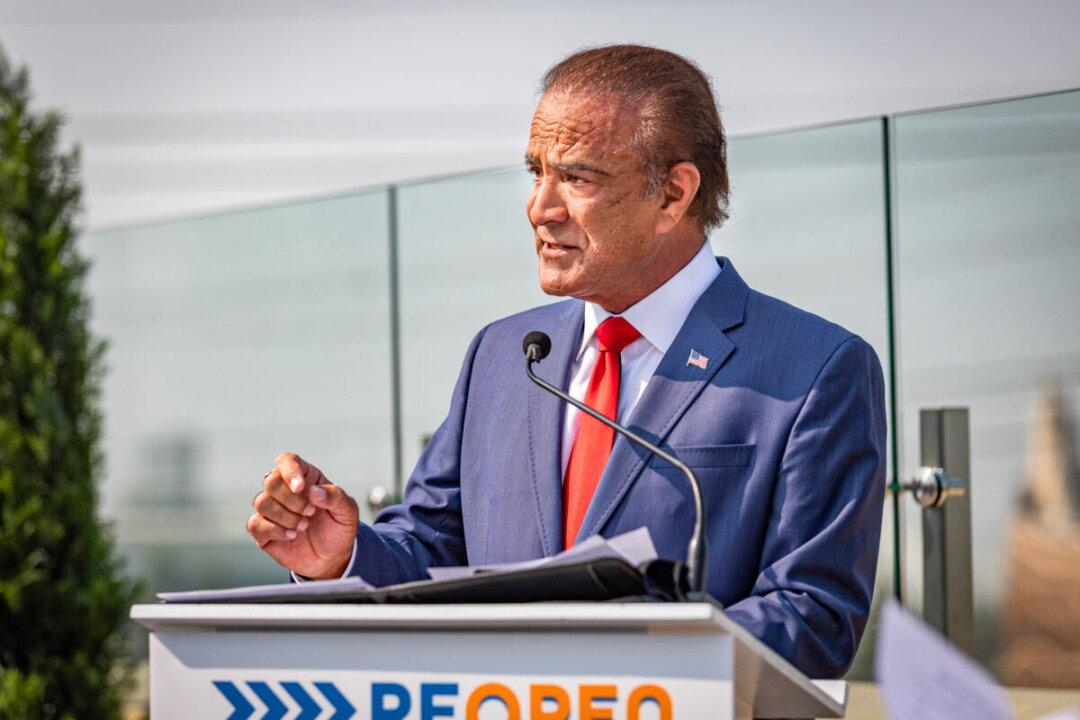California is facing an affordable housing crisis as the state is 2–3 million homes short of being able to house the entire population, according to a recent study (pdf).
The Little Hoover Commission—a bipartisan oversight agency that makes recommendations to the governor and state legislature on how to improve the efficiency of state leadership—began discovering in summer 2021 that there is a lack of focus on affordable homeownership, citing 2 million residents living in poverty.




